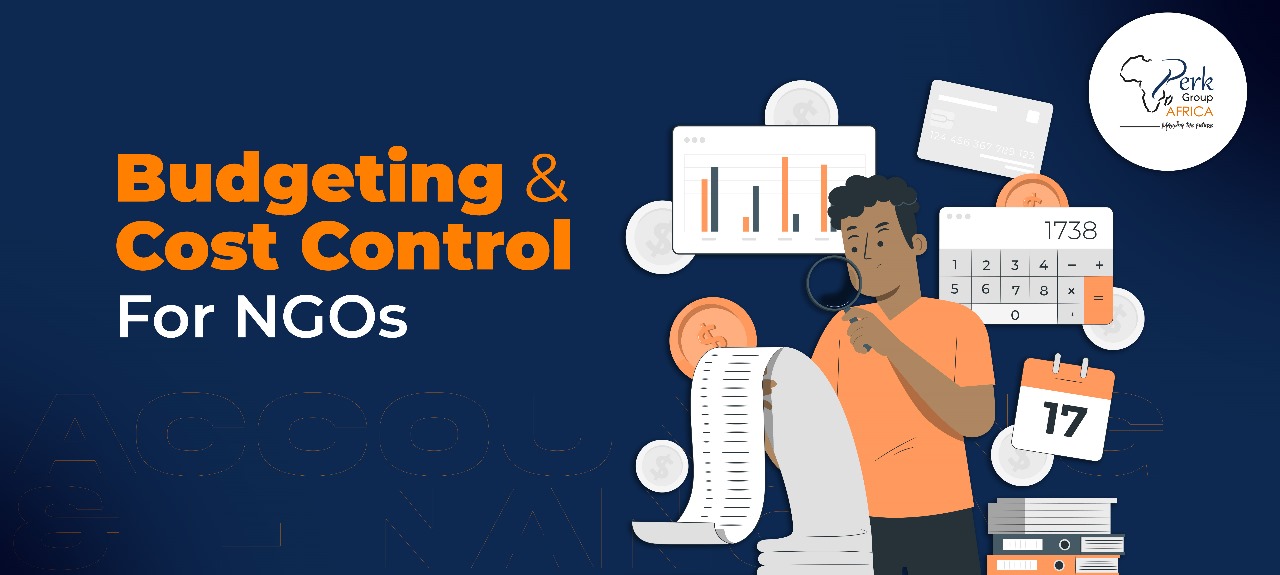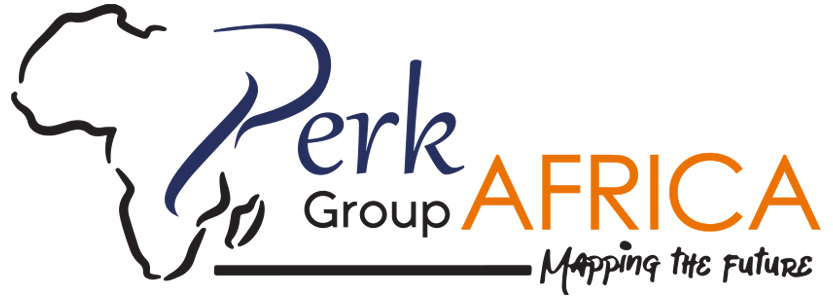
Training Course in Budgeting and Cost Control for NGOs
Course Overview
This course provides an in-depth understanding of budgeting and cost control tailored for NGOs, emphasizing the use of advanced Excel tools. Participants will learn to prepare comprehensive budgets, implement effective cost control measures, ensure compliance with donor requirements, and align financial management with their organizations strategic goals.
Target Audience:
NGO Finance Managers, Program Managers, Project Coordinators, Accountants, Financial Analysts, Auditors
Any personnel involved in budget preparation, implementation, and monitoring in NGOs
Course Objectives:
- Gain foundational knowledge in NGO financial management and budgeting.
- Learn to create, manage, and monitor budgets using advanced Excel techniques.
- Understand and implement cost control strategies while maintaining program impact.
- Ensure compliance with donor requirements and financial reporting standards.
- Develop skills in long-term financial planning and sustainability.
- Enhance financial accountability and transparency.
Course Duration: 5 days
Course Outline:
Module 1: Fundamentals of NGO Financial Management
- Overview of Financial Management in NGOs
- Key Financial Statements and Their Importance
- Understanding Financial Terminology and Concepts
- The Role of Financial Management in Sustainability
Module 2: Budgeting Basics for NGOs
- The Budgeting Process: From Planning to Execution
- Types of Budgets in NGOs
- Preparing a Comprehensive NGO Budget
- Involving Stakeholders in the Budgeting Process
Module 3: Advanced Excel Techniques for Budgeting
- Creating and Managing Budget Templates
- Data Analysis and Reporting
- Forecasting and Financial Modeling
- Automating Budget Processes
Module 4: Cost Control Techniques
- Identifying Cost Drivers in NGO Operations
- Implementing Cost Reduction Strategies
- Monitoring and Managing Costs Throughout the Project Lifecycle
- Balancing Cost Control with Quality and Program Objectives
Module 5: Donor Compliance and Financial Reporting
- Understanding Donor Expectations and Requirements
- Preparing Financial Reports that Meet Donor Standards
- Ensuring Transparency and Accountability in Financial Reporting
- Managing Restricted vs. Unrestricted Funds
Module 6: Financial Planning and Sustainability
- Long-Term Financial Planning for NGOs
- Building Financial Reserves and Managing Cash Flow
- Diversifying Funding Sources to Ensure Sustainability
- Using Excel for Financial Forecasting
Module 7: Monitoring and Evaluating Financial Performance
- Key Performance Indicators (KPIs) for Financial Health
- Using Financial Data to Make Informed Decisions
- Regular Financial Audits and Reviews
- Continuous Improvement in Financial Management Practices
Module 8: Managing Grants and Restricted Funds
- Best Practices for Grant Management in NGOs
- Navigating the Complexities of Restricted Funding
- Ensuring Compliance with Grant Agreements
- Reporting to Donors: Meeting Expectations and Deadlines
Module 9: Financial Accountability and Transparency
- Building a Culture of Financial Accountability in Your NGO
- Communicating Financial Information to Stakeholders
- Ensuring Ethical Financial Practices and Avoiding Mismanagement
- Best Practices for Financial Documentation and Record-Keeping
Module 10: Practical Sessions and Case Studies
Note: This outline provides a general structure for a 5-day training. The specific content, activities, and duration of each session may be adjusted based on the target audience, learning objectives, and available time.
Classroom Training Schedule
| Start Date | End Date | Location | Cost | Apply |
|---|---|---|---|---|
| Jul 14, 2025 | Jul 18, 2025 | Nairobi | $ 1050 | Register |
| Aug 18, 2025 | Aug 22, 2025 | Nairobi | $ 1050 | Register |
| Sep 22, 2025 | Sep 26, 2025 | Nairobi | $ 1050 | Register |
| Oct 27, 2025 | Oct 31, 2025 | Nairobi | $ 1050 | Register |
| Dec 01, 2025 | Dec 05, 2025 | Nairobi | $ 1050 | Register |
Virtual Training Schedule
| Start Date | End Date | Location | Cost | Apply | |||
|---|---|---|---|---|---|---|---|
| Aug 04, 2025 | Aug 08, 2025 | Online | $ 400 | Register | |||
| Sep 08, 2025 | Sep 12, 2025 | Online | $ 400 | Register | |||
| Oct 13, 2025 | Oct 17, 2025 | Online | $ 400 | Register | |||
| Nov 17, 2025 | Nov 21, 2025 | Online | $ 400 | Register |
Course Language
This Training course is offered in ENGLISH . Please indicate the language of choice during registration.
Course Delivery
Presentations are well guided, practical exercise, a plenary presentation, and group work. Participants are encouraged to bring any data relevant to their job responsibilities. This is hands-on, product-oriented training and will mostly involve practical exercises. Each participant MUST bring along their own working laptop and android phone.
Certification
Upon completion of training, the participant will be issued with a certificate of Completion.
Tailor-Made Course
3 months post-training support, consultation, and coaching is a guarantee from us and will be available after the course.We can also do this as a tailor-made course to meet organization-wide needs. Contact us to find out more: training@perk-gafrica.com.
